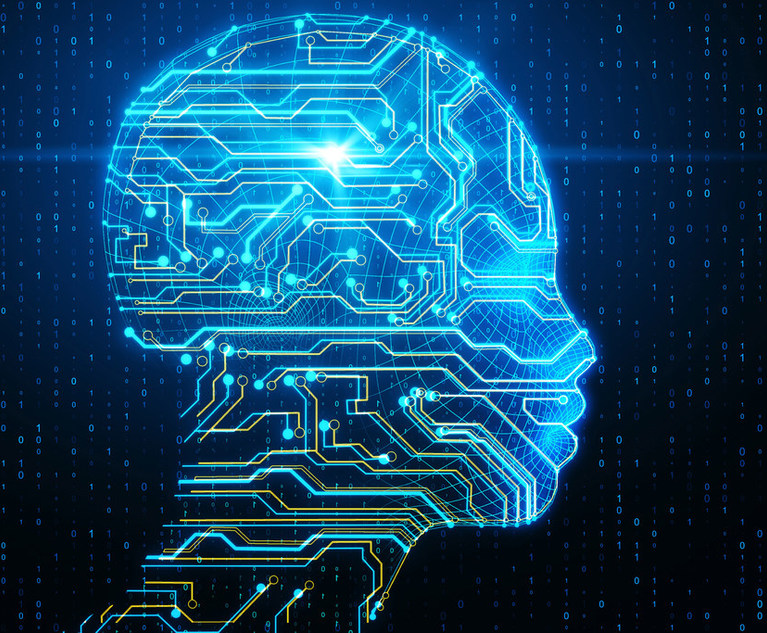Artificial intelligence (AI) and machine learning (ML) are working their way into a wide range of professions, largely on the promise that they will make complicated processes more efficient and reduce the workload on humans—particularly the dull, repetitive work that slows things down and produces errors.
In the corporate legal department, AI/ML is typically targeted at reviewing legal contracts, extracting information at scale and other cumbersome tasks. In theory, these jobs are tailor-made for intelligent automation, but in practice it turns out there are a number of limiting factors preventing it from delivering real value to the bottom line. For the most part, these problems lie in the supporting environments that AI/ML utilize in order to properly interpret the facts of the legal issues it must analyze.


 Credit: peshkov/stock.adobe.com
Credit: peshkov/stock.adobe.com




